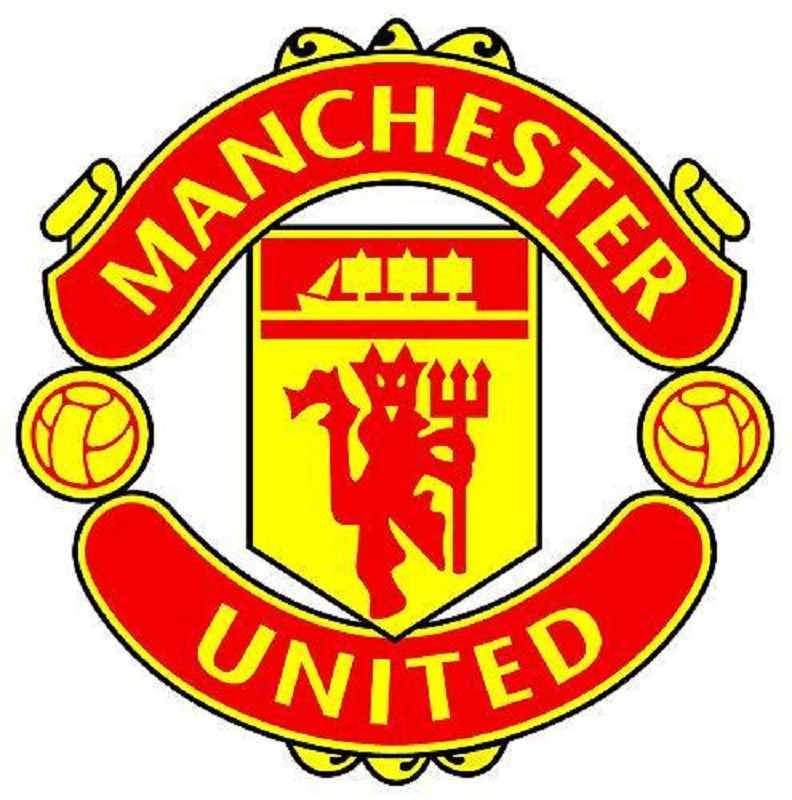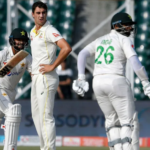e
Introduction to Manchester United Football Club
Manchester United Football Club is one of the most successful and popular sports teams in the world. The club has won a record 20 Premier League titles, 12 FA Cups, 5 League Cups and a record 21 FA Community Shields. The club was founded in 1878 as Newton Heath LYR Football Club and changed its name to Manchester United in 1902. The club has been based at Old Trafford since 1910.
The team has seen many great players come and go over the years, including Sir Alex Ferguson – the most successful manager in British football history. Under his guidance, Manchester United became one of the most dominant forces in European football, winning the Champions League twice, along with numerous other domestic and international trophies.
The current squad includes some of the best players in the world, such as David de Gea, Bruno Fernandes, Anthony Martial and Marcus Rashford. With Ole Gunnar Solskjaer at the helm, Manchester United are looking to return to their former glory and become one of the top clubs in world football once again.
Early Years (1900s-1960s): Origins and Achievements
In the early years of Manchester United, the club went through a number of changes. The most notable change was the formation of Manchester United as a professional football club in 1892. Previously, the club had been an amateur side, but the new professional status allowed them to compete in the First Division of the Football League. The club’s first manager was Ernest Mangnall, who oversaw a period of success in which United won their first league title in 1908.
The early years were also marked by tragedy, as two players died in separate on-field accidents. Despite this, United continued to grow and build a following both at home and abroad. By the 1960s, United were one of England’s most successful clubs, winning the league title three times and the European Cup once. They also reached the final of the European Cup twice more during this decade. It was during this time that United started to become known as “The Red Devils”, thanks to their all-red kits which were introduced in 1956.
Modernization (1970s-1990s): Strategies for Success
In the 1970s and 1980s, Manchester United began to modernize their facilities and playing style in order to better compete with the growing threat of European teams. The club appointed a number of managers during this time period, including Tommy Docherty, Dave Sexton, and Ron Atkinson, who helped to implement new strategies and improve the team’s performances. One of the most significant changes was the introduction of youth development programs, which helped to bring through a number of talented players such as Gary Neville, Ryan Giggs, Paul Scholes, and David Beckham.
In 1992, Manchester United became the first English club to win the newly formed Premier League title, which signaled a change in fortunes for the team. The following years saw more success under manager Sir Alex Ferguson, who guided the team to an unprecedented period of success that included winning 19 major trophies between 1999 and 2013. During this time, Manchester United cemented their place as one of the biggest and most successful clubs in world football.
Turn of the Century (2000s – Present Day): New Foundations and Technologies
The new millennium brought with it a new era for Manchester United, as the club embarked on a period of sustained success under the tutelage of legendary manager Sir Alex Ferguson.
The early 2000s saw the club win an unprecedented treble of Premier League, FA Cup and Champions League titles in 1999, followed by further league success in 2001 and 2003. This period also saw the emergence of some of United’s greatest ever players, including Cristiano Ronaldo, Wayne Rooney and Ruud van Nistelrooy.
In 2006, United regained the Champions League trophy with a dramatic last-gasp victory over Chelsea in the final. This was followed by further Premier League titles in 2007 and 2008 (giving the club a record-equalling 18th top-flight title), as well as another Champions League triumph in 2009.
The 2010s have seen continued success for United, with the club winning their 20th league title in 2013 (putting them clear of Liverpool as England’s most successful team), as well as adding more silverware to their collection with victories in the 2010 and 2012 League Cups.
This decade has also seen United return to European glory, with a dramatic 3-1 victory over Ajax in the 2017 Europa League final ensuring that they lifted a record-breaking 13th major continental trophy. They followed this up by winning another Europa League title in 2019.
With Ferguson at the helm,United established themselves as not only one of England’s most successful
Manchester United on an International Stage: Competitive Challenges Around the Globe
In the late 1980s, English football was reeling from a series of hooliganism-related tragedies. In an effort to improve its overseas image and help English clubs remain competitive in European competitions, the Football Association decreed that all future foreign tours would be subject to government approval. This put an end to Manchester United’s regular trips to North America and Asia, which had served as valuable bonding experiences for players and fans alike.
The United States would not see another Manchester United team until 2003, when the club finally secured government approval for a preseason tour. The games – against lowly Major League Soccer opposition – were not heavy competition, but they did provide a window into how far the game had developed in other parts of the world during the intervening years. It also gave United’s American fans a rare chance to see their heroes in person.
China presents a different challenge for Manchester United. The country is vast, with a rapidly growing economy and an immense population with a huge potential market for football. But until recently, Chinese football has been largely unable to tap into that potential due to poor organization and governance at both the domestic and international levels.
This is starting to change, however, as China invests heavily in its domestic league and teams begin to make more of an impact in Asian competitions. As China’s football infrastructure improves, it is likely that Manchester United will become more active in trying to grow its brand in the country.
Legacy Building: Impactful Campaigns, Partnerships, and Community Outreach Programs
From the very beginning, Manchester United has been a club with a rich history and tradition of success. The “Red Devils” have always been one of the most popular and successful clubs in England, and their fans are some of the most passionate in the world. Over the years, the club has gone through many changes, both on and off the pitch. Here is a look at some of the most important moments in Manchester United’s history:
1878- The club is founded as Newton Heath LYR Football Club by workers at the Lancashire and Yorkshire Railway depot in Newton Heath.
1892- The club is renamed Manchester United Football Club after a merger with another local team, Leeds City.
1908- The club moves to its current home ground, Old Trafford.
1911- Manchester United wins its first English league title.
1913- The club achieves its first ever double by winning both the league title and the FA Cup.
1927- Manchester United becomes the first English club to win a major European trophy when it beats Belgian side Standard Liege in the final of the inaugural UEFA Cup Winners’ Cup.
1968- The club wins its first European Cup (now known as the Champions League) by defeating Benfica 4-1 in extra time in the final held at Wembley Stadium. This was also United’s first foray into European competition.
1990s – present day: Sir Alex Ferguson leads Manchester United to
Conclusion
Manchester United Football Club has been around for over a century, and the Red Devils’ influence on the game of football – both on and off the pitch – is undeniable. From their inception in 1897 to current day, there have been countless moments that define this incredible club and plenty more still to come. The history behind Manchester United is one full of highs, lows, success stories, criticisms – but above all it’s bound by a common thread: passion. It is through this unwavering love for their team that steeps truer than ever today in ‘the beautiful game’ – which will continue to bring generations of devoted fans together with every victory earned.








